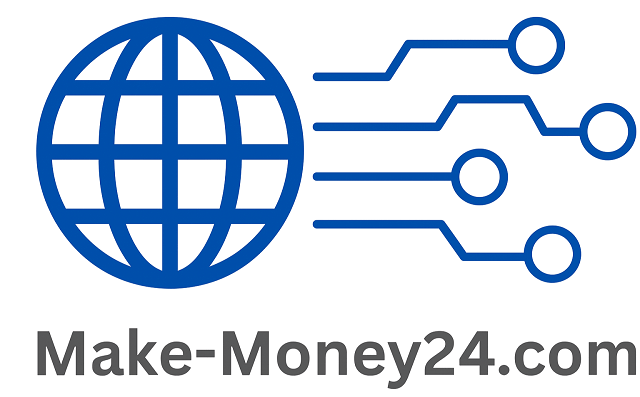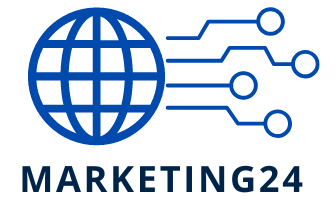Recent statistics indicate that nearly 41% of all clicks land on the top three paid listings on Google’s search page—a clear sign of the enduring effectiveness of PPC advertising. However, Google’s latest announcement raises questions about potential shifts in how these campaigns are managed.

Earlier this year, Google Ads sent a message stating, “We’ll focus on your campaigns, so you can concentrate on your business.” This communication signals a move toward automating nearly every facet of campaign setup and management, including PPC. Notably, while automation is at the forefront, Google’s approach remains heavily reliant on its own team of PPC specialists working behind the scenes. Under this new initiative, advertisers are automatically enrolled unless they opt out within seven days, though opting out remains an option later.
Examining the Role of Google’s In-House Specialists
According to Google’s email, its dedicated experts will actively refine your PPC campaigns by restructuring ad groups, adjusting target keywords, tweaking bids, and refreshing ad text. Their goal is to maximize campaign performance without impacting your established budget, thereby aiming to deliver a healthier return on investment.
Key Considerations for Google’s PPC Oversight
Even though Google’s system provides suggestions for improvements, advertisers retain the ultimate control over their campaigns by having the option to accept or reject any recommended changes. It is important to note that while Google offers these enhancements, the responsibility for campaign outcomes remains with the account holder. Marketers are encouraged to routinely monitor their campaigns to ensure that any modifications are in line with their goals. Additionally, if any changes adversely affect performance, there is a possibility for refunds on those specific adjustments.
Should You Worry?
At first glance, the hands-on intervention by Google’s in-house team might appear intrusive to many brands and marketers. The immediate impact on campaign performance is hard to predict; however, it is likely that these adjustments will align closely with Google’s existing machine-driven recommendations. While some may worry that this could undercut the role of independent PPC consultants and agencies, others see it as an opportunity. With automated suggestions taking care of routine optimizations, agencies and marketers could potentially dedicate more time to strategic planning. As participation in this program is optional and can be revoked, it appears that Google’s new direction offers more potential benefits than drawbacks for those managing PPC advertising.
In conclusion, Google’s evolving approach to PPC management—combining automation with expert human oversight—marks a significant shift in the digital advertising arena. While the long-term effects remain to be seen, advertisers are advised to stay engaged and informed, ensuring that any automated adjustments continue to support their overall business objectives.

